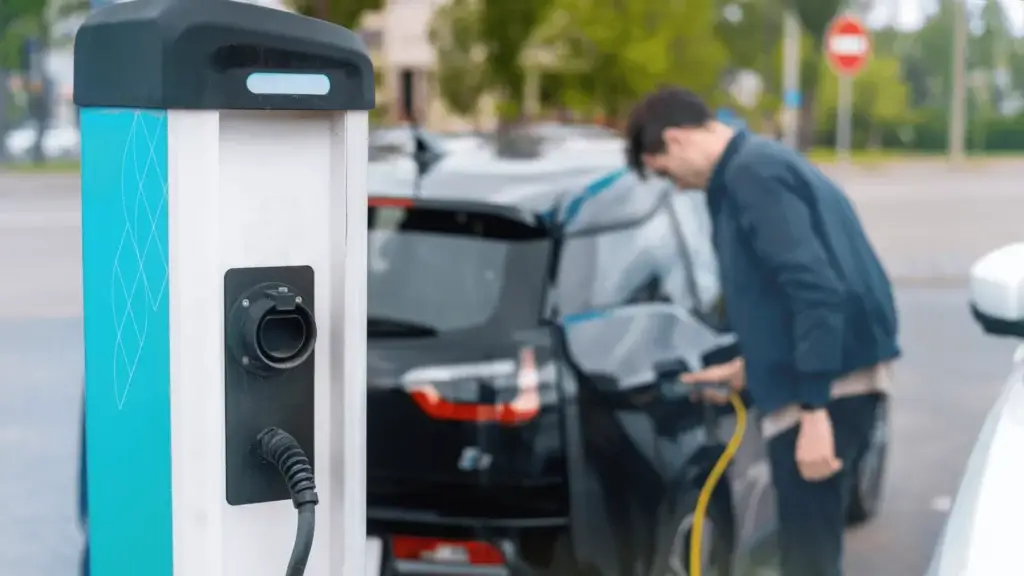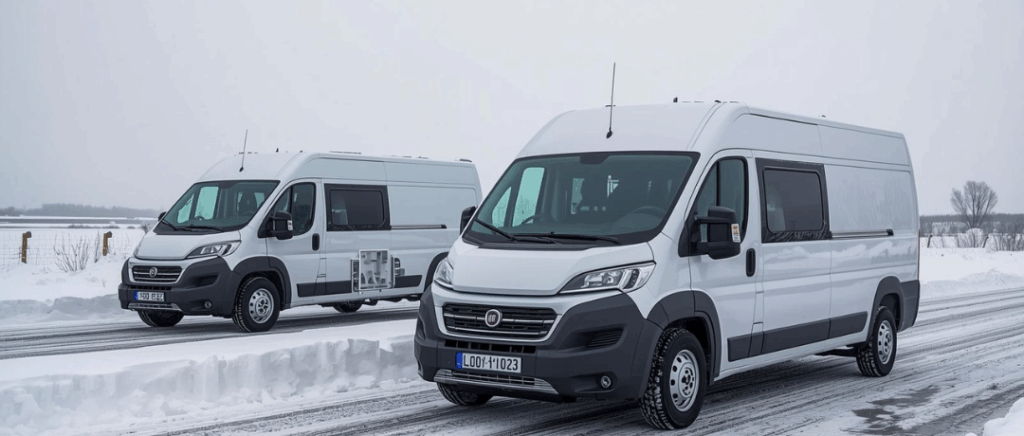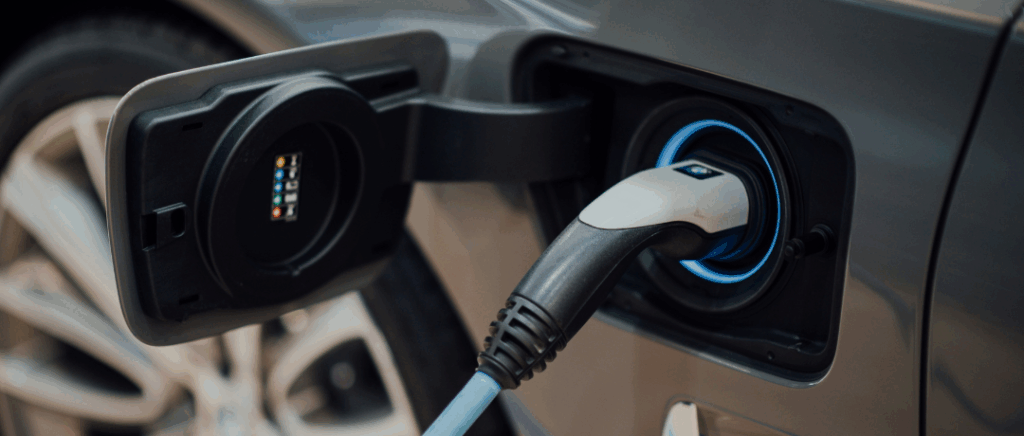What is the IRVE?
The acronym IRVE (Recharging Infrastructure for Electric Vehicles) is very often used when installing a charging point or recharging points. This concept is a certification that concerns all installations of electrical solutions for clean vehicles. According to decree no. 2017-26 of 13 January 2017, all installers of charging points above 3.7 kW, must have IRVE qualification.
In view of the deployment of electric vehicles, theinstallation of recharging points for businesses or for private individuals is more than necessary. To keep pace with this development, the Energy Transition Act (no. 2016-992, dated 17 August 2015), set a target of 7 million charging points installed by 2030. By the second quarter of 2022, according to Enedis estimatesFrance is said to have passed the milestone of one million private and public charging points.
For infrastructure installations with a power rating of 3.7 kW or less, the IRVE certification requirement does not apply in these two cases:
- If the infrastructure is located in a private dwelling.
- If the sockets are not open to the public and their main function is not to charge electric vehicles.
Why get IRVE certification?
According to the decree no. 2017-26 of 13 January 2017IRVE certification is mandatory for the installation of charging stations. This certification also makes it possible to obtain the ADVENIR bonus, a subsidy that helps each beneficiary to reduce the cost of supplies and installation.
IRVE, a compulsory qualification for the installation of charging points
With this certification, it is possible to install several charging infrastructures:
- The charging stations
- Normal recharging points with a capacity of 22 kW or less
- Fast or high-power recharging points with a power rating of 22 kW or more
- Charging points open to the public, "operated by a public or private operator".
- Intelligent charging
The benefits of certification
IRVE certification offers a number of advantages, including
- Greater visibility in the IRVE market in terms of referencing
- Diversification of assignments as an electrician
- Enhance their skills and expertise
- The market for electric mobility is growing rapidly: with the deployment of electric vehiclesAs a result, future IRVE installers will be in much greater demand. This will speed up the number of charging points to be installed and enable us to respond to the growth in the use of electric vehicles.
- Guaranteed safe installation: thanks to the installer's expertise, motorists from electric cars will be protected against electrical hazards.
- Gain credibility: thanks to qualification by Qualifelec and theAFNORThe electrician benefits from the reputation of these two organisations.
How do I get IRVE certification?
To obtain IRVE certification, you need to undergo training by approved organisations. In France, there is a choice of three organisations:
- Qualifelec
- AFNOR
Qualifelec
QualifelecIt is a benchmark association and the first organisation to offer IRVE qualification to electricity professionals.
For this, you need to ask :
- The "Electrical Installations for Housing-Commercial-Small Commercial Buildings" qualification
- The IRVE label
To qualify as an IRVE, you need to follow these 5 steps:
- IRVE training with a choice of 3 levels (level 1, level 2 or level 3)
- Choose the qualification index(es). We'll explain this later in the article.
- Obtain your IRVE qualification certificate by ordering your file on your customer area. Once you have completed it, send it to Qualifelec.
- Once your application has been received, it will enter the qualification process: examination of the application, presentation of the application to the qualification committee, award of the qualification and the label.
The IRVE qualified electrician will be authorised to install charging stationsfor individuals and businesses and apply to theADVENIR.
AFNOR
L'AFNOR (Association française de Normalisation), set up in 1926, is also a body that issues the IRVE qualification and requires training.
It's easy to apply:
- Request a quote and submit your application on the website.
- Your documents will be processed by AFNOR instructors.
- The committee of experts decides on your qualification. The certificate is issued for a period of 4 years.
- A follow-up and evaluation will be carried out each year in the event of any changes in the situation.
Good to know: if you have completed a non-probationary training course, the IRVE 1, 2 or 3 label remains valid for a maximum of 4 years, while the probationary label remains valid for 2 years.
Get a quote for
your charging point
What level of training should I choose?
To take the IRVE course, you can choose between 3 levels of qualification:
- Level 1, which corresponds to basic training
- Level 2, which is an expert level
- Level 3, which specialises in fast-charging installations.
The choice of qualification level will depend on your objectives, particularly the type of bollard you want to install (standard bollard), fast terminaletc.) and your needs.
The different levels of IRVE certification
In this IRVE training, 3 levels of certification apply to the IRVE. IRVE decree 2017-26:
- Level 1 or basic training : for a minimum of 1 day, the electrician is trained on an installation of charging stations up to 22 kVA, without specific configuration for communication and supervision.
- Level 2 or expert training For a minimum of 2 days, the training covers the installation of terminals up to 22 kVA with configuration for communicating terminals and station supervision. This training course is only available to Level 1 certificate holders.
- Level 3 or "rapid recharge" training For 2 days, electricians are trained to work on any installation of fast-charging stations to more than 22 kVA. This 3ᵉ level of training is also affordable to Basic Training (Level 1) certificants.
How much does IRVE training cost?
The cost of training varies according to a number of factors:
- The chosen qualification, in this case "Electric Vehicle Charging Infrastructure".
- The desired index
- PIRVE 1: probationary IRVE - index 1 (level 1 training over 2 years)
- PIRVE 2: probationary IRVE - index 2 (level 2 training over 2 years)
- PIRVE 3: probationary IRVE - index 3 (level 3 training over 2 years) (public charging station - total power greater than 36 kVA and charger). DC of 50 kW)
- PIRVEMA: IRVE probationary period - Maintenance index over 2 years
- IRVE 1: IRVE - index 1 (charging station - maximum inrush power less than or equal to 36 kVA)
- IRVE 2 - IRVE - index 2 (charging station - maximum inrush power greater than 36 kVA)
- IRVE 3: IRVE - index 3 (public charging station - total power greater than 36 kVA and 50 kW DC charger)
- IRVEMA: IRVE - Maintenance index
- The number and type of endorsements chosen
- PIL: steering
- PET: Probatoires Études
- ET: Studies
- PCHO: Probatoire Horizontal Columns
- CHO: Horizontal columns
To find out the exact price of the course you have chosen, you can go directly to make a simulation or consult their price listdated June 2022.
Where can I train to become an IRVE installer?
Here are some contacts for IRVE installer training:
| Entreprise | Qualifec | AFNOR | Contact | Niveau 1 | Niveau 2 | NIveau 3 |
|---|---|---|---|---|---|---|
|
AFNOR Compétence
|
no
|
yes
|
|
yes
|
yes
|
no
|
|
APRICOM
|
yes
|
no
|
|
yes
|
yes
|
yes
|
|
AUXO Action & Développement
|
yes
|
yes
|
|
yes
|
yes
|
yes
|
|
HAGER SAS
|
yes
|
yes
|
|
yes (distance learning available)
|
yes
|
no
|
IRVE certification objectives
But what happens at the end of the IRVE training course?
Regardless of the level of training they choose, certified electricians will have acquired the skills they need to install charging stations.
As skills, the professional will be able to :
- Determining the appropriate infrastructure and associated accessories
- Understanding the challenges of this fast-growing market
- Identify vehicle type requirements
- Knowing the regulations
- Offer customers solutions tailored to their needs
- Building, testing and commissioning an IRVE installation
- Looking after the terminal: maintenance and troubleshooting
In conclusion
As a recent development in the electric mobility market, the installation of charging points requires a high level of expertise and mastery of electrical equipment. Qualification is therefore essential, not only for the installation of the charging points, but also to ensure that users can take advantage of the ADVENIR bonus.
If you would like more information about IRVE training, please contact contact us !
If you would like to find out more aboutsupport for the installation of charging points for private customers in 2024For more information, see our article on this subject.
































